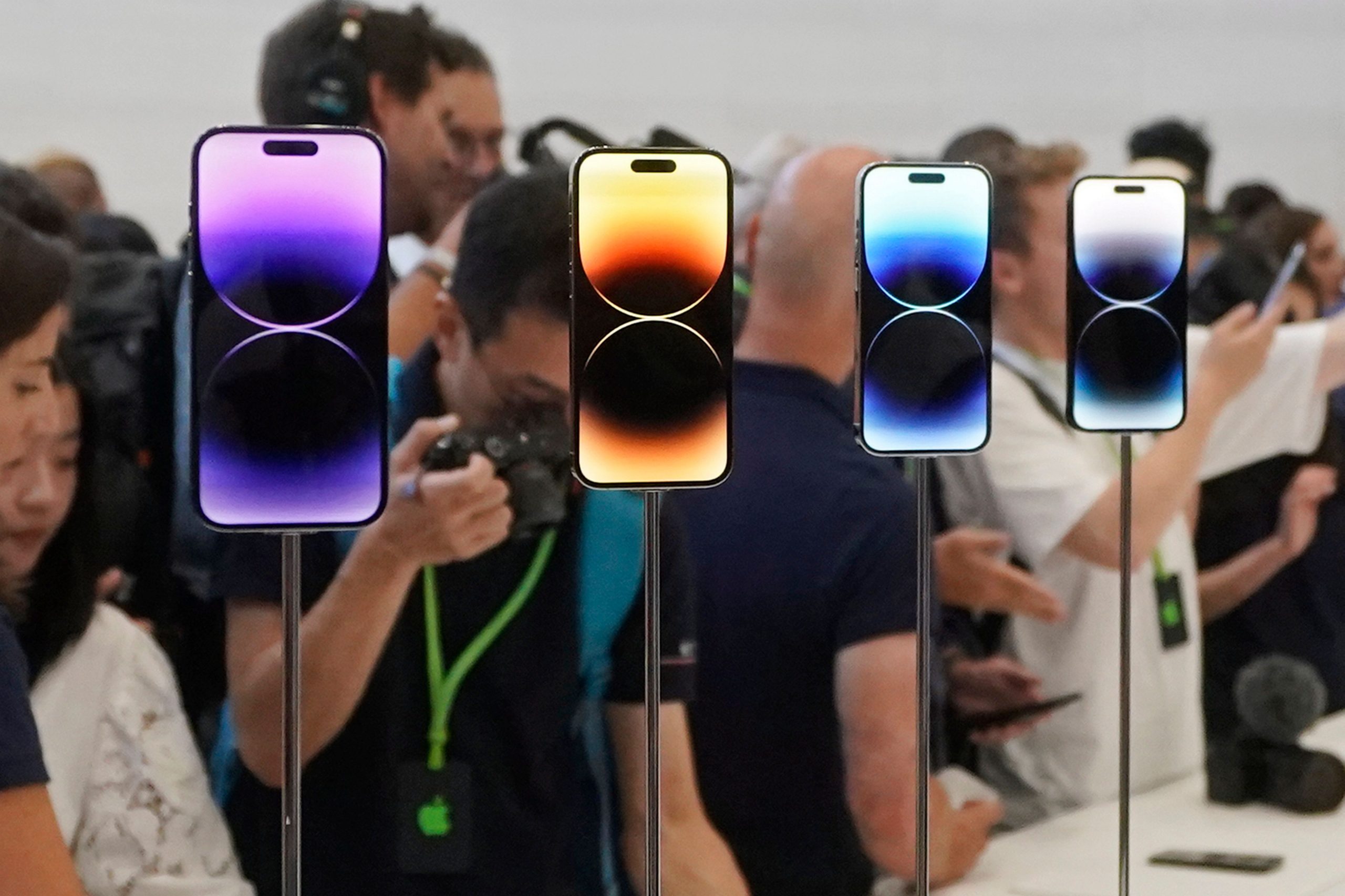The Tata Group, India’s largest conglomerate, is negotiating with a Taiwanese supplier to Apple in an attempt to establish a joint electronics manufacturing venture in the country, according to a Bloomberg report. The move might help India begin producing iPhones indigenously.
The company has entered into talks with the Wistron Corporation in an attempt to make them a force to be reckoned with in technology manufacturing in India. Tata, which produces everything from salt to software, is looking to tap into the Taiwanese company’s product development, supply chain, and assembly expertise, according to the Bloomberg report.
Should the company succeed, it will become the first Indian iPhone manufacturer. Currently, production is limited to Taiwanese companies Wistron and Foxconn Technology Group, which have operations in China and India.
What it means for Tata
India has been looking for ways to threaten China’s current dominance in electronics manufacturing. If Tata manages to make a deal with Wistron, it would be a massive boost for India.
The move would come at a time when China is facing manpower issues as it deals with COVID-19 lockdowns, suddenly being cut off from specific chipset imports and heightening political tensions with the US. In addition, the move could bolster the faith of other global electronic brands and convince them to move production to India, given how geopolitics has been playing out over the last few years.
Sources familiar with the topic told Bloomberg that the structure and details of the deal were still being finalised. Tata could seek to buy equity in Wistron’s India operations, alternatively, it could set up a whole new production plant itself. The company could probably do both as well, according to a source who spoke to Bloomberg.
The talks between Tata and Wistron come at a time when the United States is trying to move production away from China and establish deeper supply chains in India. It’s unclear if Apple is privy to these talks but taking into account how much it involves itself in setting up new manufacturing bases thanks to the intricacy involved in production, it is still up in the air whether Apple will be willing to agree to the potential partnership. The company is known for its high degree of quality control and adherence to tight deadlines.
By having an Indian company partner with them, Wistron will be able to increase the number of iPhones assembled by up to five times, the report from Bloomberg said, adding that the partnership could mean Tata getting hold of a share of the company’s manufacturing business. In the past, the company’s Chairman Natarajan Chandrasekaran has said that the $128 billion company is making electronics and high-tech manufacturing key areas of focus. The Tata group has already been become a part of the iPhone supply chain by establishing plants in south India that manufacture the chassis components. However, much of the company’s income still come from ventures in software, steel and automobiles.
What it means for Wistron
In addition, Tata’s involvement might just help the Taiwanese company’s struggling, loss-addled India division. By adding Tata to the fold, it might even be able to find new revenue streams thanks to the slow but steady demand for electric vehicles.
For Indian consumers, a full and steady supply chain in India means that the buffer that Apple adds to the price in the country might potentially come down. Lower prices means increased affordability which in turn could give the company an increased market share in a country where China’s Xiaomi phones have a stranglehold over the population.
Wistron began producing iPhones in India back in 2017, after years of Apple attempting to establish supply chains in the country. Now, with the government’s new financial incentives for tech production companies, other Apple manufacturers like Foxconn and Pegatron have moved to the country.
But things aren’t all rosy, workers in Apple factories have revolted against what they say is substandard pay and poor living and working conditions in the last five years.







